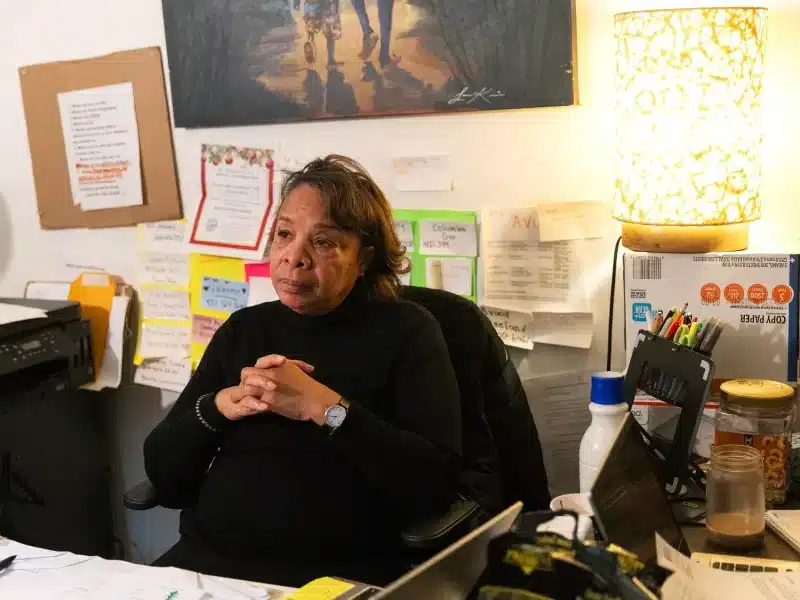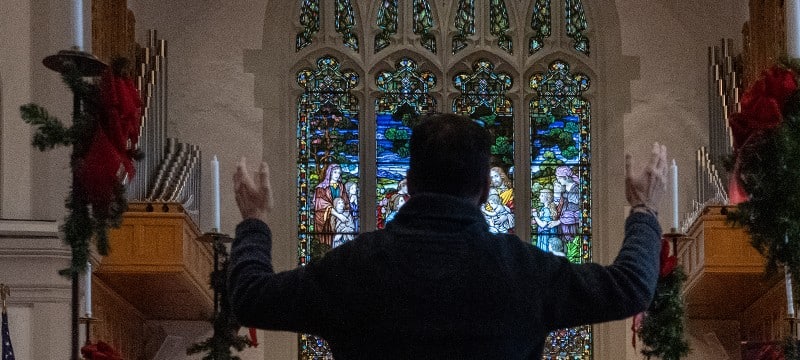Community Matters moves forward with Washing Well
Currently there’s a lack of access to a local laundry facility in Lower Price Hill, but that’s about to change, as the nonprofit gears up to implement plans for the Washing Well project.
The average middle class family spends less than one percent of its income on laundry, while residents of Lower Price Hill spend, on average, one-ninth of their income on laundry, according to Jen Walters, Community Matters’ president and founder.
“There’s about 600 families—over 90 percent of our neighbors are renters—and the vast majority rely on public transportation,” Walters says. “There’s a high percentage of female-headed households, and $9,600 is the average annual salary. Our community is full of strong hardworking people, but they don’t have access to things others sometimes take for granted.”
Currently there’s a lack of access to a local laundry facility, but that’s about to change, as the nonprofit gears up to implement plans for what will eventually become a worker-operated cooperative—the Washing Well project—which will “create a community laundromat to meet the severe need for access to safe, affordable and local laundry in the Lower Price Hill neighborhood.”
Now, rather than having to take two bus trips—potentially accompanied by children—and spend about five hours at a laundromat, residents will be able to access laundry facilities without having to leave the neighborhood.
After taking care of the barrier regarding access, Walters says the organization needed to address affordability.
“It will be priced below the market but [will] still [generate] enough to be sustainable,” Walters says. “We’ll sell detergent by the cup, because buying that detergent from the beginning was often a barrier, and they were trying to stretch it out as long as they could, which took away from the hygienic aspect for doing laundry in the first place.”
If the price point is still an issue, there will be nonmonetary options, like volunteering, which residents can engage in, so they can earn washes and dries; and the space itself will become more than just a laundromat.
Instead of sitting around waiting for clothes, residents will be able to work with an Americorps member, who will provide assistance in connecting them to jobs and resources—an added benefit, in addition to access to clean clothes.
“It may be the difference that stops people from thinking they can’t go for a job,” Walters says. “It can provide that confidence for kids at school and [instill a sense of] self-worth.”
Do Good:
• Volunteer with Community Matters.
• Support Community Matters by donating.
• Connect with Community Matters on Facebook.













